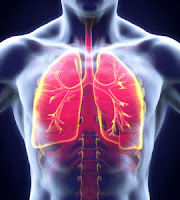COVID-19 masks and how much protection they give

As countries around the world eagerly await the inoculation of their citizens from any of the COVID-19 vaccines out there, governments still urge everyone to wear face masks and follow social distancing protocols in order to manage the current outbreak. Over time, we have seen different types of face mask products in markets, online ads, and on TV. According to Dr. Lisa M. Cannon, M.D., the type of mask you wear does impact the chances of you contracting the disease. Image source: wsj.com Let’s begin with the most common mask used around the world, the medical mask. Cheap but disposable, medical masks were previously used in medical situations inside a hospital or clinic. But today, they are one of the top choices for face mask users. While it is resistant to fluid and provides wearers protection from large bacterial droplets, it is very constricting. It wasn’t designed for prolonged use so it can get uncomfortable. Image source: the-scientist.com The N95 mask is conside...



